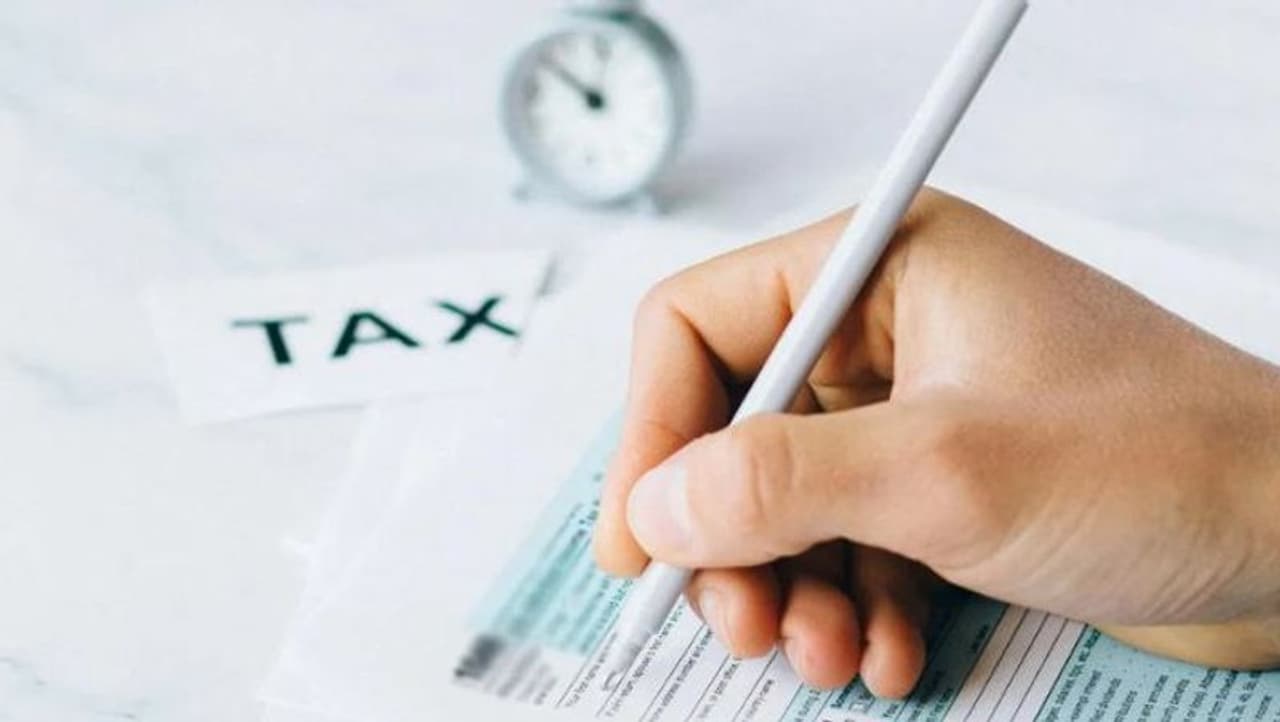7 most common last-minute tax saving mistakes you must avoid
The tax-saving investments of an individual should be part of his/her overall financial plan. Poor financial habits and biased advice push taxpayers to make sub-optimal investment decisions. Here are some mistakes they must avoid in the rush to beat the March 31 deadline.

It has become an annual tradition for employers to remind us to start planning our taxes before the deadline. Although many people view paying taxes as a financial hardship, not knowing enough about tax preparation can actually increase stress levels. Combining tax-saving techniques with financial planning makes the task even more challenging. It is also important to make well-informed decisions regarding tax-saving investments before the 31 March deadline..

1. Utilising Section 80C: A tax exemption of up to Rs 1.5 lakh is available to individuals under Section 80C of the Income Tax Act. It is recommended that you take full use of this 80C exemption in order to prepare your taxes.
This deduction can be obtained by investing in programs like the Senior Citizen Savings Scheme (SCSS), Public Provident Fund (PPF), National Savings Certificate (NSC), and Sukanya Samriddhi Yojana.
2. Don't invest with low returns: Steer clear of investing in or buying goods with excessive overhead expenses, low returns, or limited liquidity.
3. Evaluate the return before investing: Prior to integrating policies into the financial plan, it is crucial to comprehend and evaluate them. One such product that necessitates a long-term commitment is life insurance, although early policy closure might result in significant losses.
Therefore, before making the purchase, evaluate your need for life insurance coverage, your capacity to pay the premium for the duration of the policy, and your willingness to accept a 5–6% return.
4. Calculate investment returns thoroughly: Tax filing at the last minute frequently results in hurried choices and mistakes. Before filing your tax return, give it a thorough inspection. Verify all of your figures one more to be sure you've taken into account all applicable income, credits, and deductions. A small error might lead to an audit or the loss of potential savings.
5. Don't invest in large amounts:
Large investments in hazardous assets should be avoided since they might result in losses due to market changes. It's advised to avoid making large investments all at once, especially with ELSS funds because of the strength of the equities market. Alternatively, a portion of the money can be invested in ELSS and the remaining portion in tax-saving FDs, PPFs, or NSCs.
6. Don't invest without proper planning: Another error that investors could make in this last-minute investment rush is not making enough preparation. It is imperative that you prepare ahead of time in order to save tax on your income. If tax-saving items are invested in without thorough preparation, significant tax benefits may be lost. In order to achieve the greatest possible tax savings, it is therefore advised to approach tax planning with careful thought and foresight.
7. Don't ignore deadlines: Ignoring the deadline for filing taxes is one of the most serious errors that people make. Interest and penalties may apply if your taxes are not filed on time. Make sure you are aware of the deadline and try your hardest to file your taxes before it comes too late.
It is very important to thoroughly understand policies and assess them before incorporating them into your financial plan.
Stay updated with all the latest Business News, including market trends, Share Market News, stock updates, taxation, IPOs, banking, finance, real estate, savings, and investments. Track daily Gold Price changes, updates on DA Hike, and the latest developments on the 8th Pay Commission. Get in-depth analysis, expert opinions, and real-time updates to make informed financial decisions. Download the Asianet News Official App to stay ahead in business.